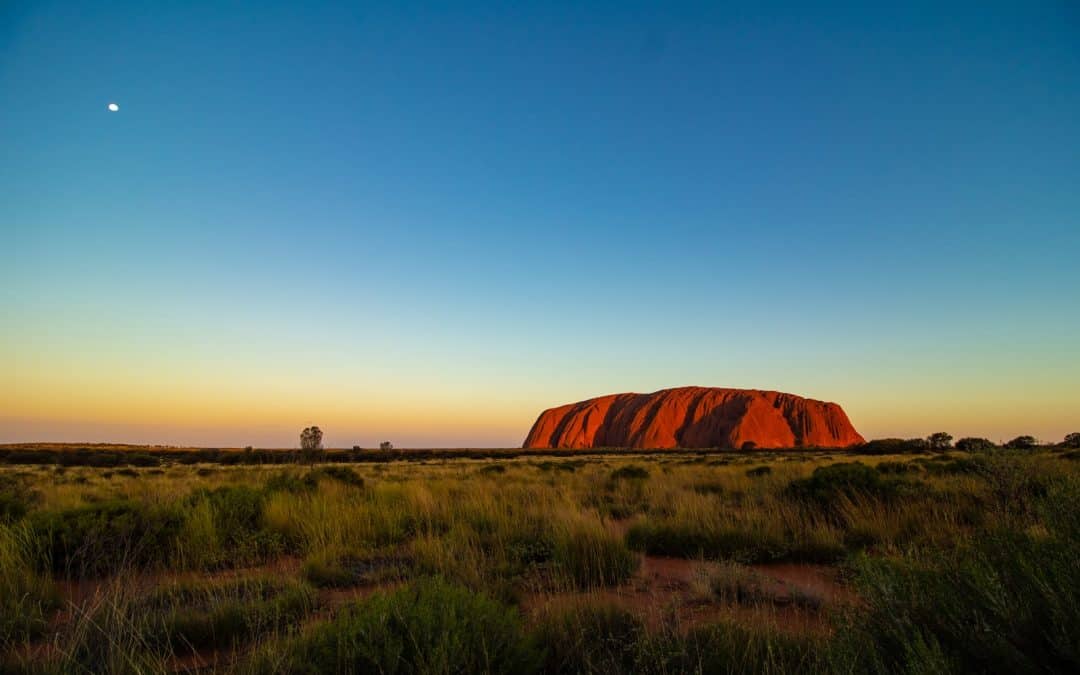January 26. A day of celebration for many, yet for others a day of sorrow or loss.
Terra Nullius translates to a land belonging to no-one. This was the justification and the legal concept used by the British government to colonise Australia.
British colonisation and subsequent Australian laws were established on the claim that Australia was Terra Nullius, justifying acquisition by British occupation without payment. This effectively denied Indigenous people’s prior occupation of and connection to their land.
On the 29th of April 1770, Captain Cook landed in Botany Bay and despite encountering the Indigenous people, he claimed Australia for Britain under the doctrine of Terra Nullius. Subsequently, on the 26th of January 1788, Sir Arthur Phillip along raised the British flag and claimed Australia for Britain, signifying the beginning of Australia Day.
Australia was ruled to be Terra Nullius until June 1992, wherein the majority decision of the High Court in Mabo v Queensland (No. 2) declared that the common law as it existed:
- violated international human rights norms
- denied the historical reality of Indigenous people’s dispossession
With the doctrine of Terra Nullius overturned, the Native Title Act 1993 was passed which recognised that Indigenous Australians had a prior claim to land taken by the British Crown since 1770. This principle has allowed numerous Aboriginal and Torres Strait Islander groups to regain rights over their traditional lands.
The new laws set a precedent not only for Australia but also across the world. In 2007, the UN Declaration on the Rights of Indigenous Peoples outlined the new international norms, which respect customary law and forbid the appropriation of native land and resources, or forced transfer of native communities.
Though the abolition of Terra Nullius was a big win for the rights of the Aboriginal People, the effects of the original occupation and subsequent events such as the stolen generation have left a lasting impression.
Despite the landmark ‘Bringing them home: The ‘Stolen Children’ report’ of 1997, and Australia’s National Apology to the Stolen Generations in 2008, the majority of the recommendations in the report have not yet been implemented.
Are there any modern examples of Terra Nullius?
Though the term Terra Nullius is no longer used in occupying lands, many new forms of Terra Nullius have emerged over the past number of years.
The most prominent example of this is Israel.
Just as Australia Day has been touted as Invasion Day, Israel’s Independence Day and the Palestinian Nakba (Catastrophe) have a bloody symbiosis.
There are many parallels in the way that the Indigenous people of Australia were treated and the current treatment of Palestinians by Israel.
Following Palestine’s acceptance as a “non-member observer State” to the United Nations in November 2012, Israel announced the construction of new settlements in the Occupied Palestinian Territories.
History matters to both First Nations people in Australia, and Palestinians in historical and occupied Palestine. And these histories are, crucially, connected. Both the British settlers in Australia and Israeli Settlers in Israel have categorised previous occupants of the land as primitive and nomadic.
Indigenous People were marginalised, had restricted entry into white towns, exploited, their indigenous languages and sacred rituals forbidden, and children were forcibly kidnapped from their parents for resocialisation.
Similarly, Israel has passed many laws that impose severe movement restrictions dividing families, preventing family reunification and obstructing the marriage of couples who come from different zones.
These are but some of many restrictive and racist laws that have been imposed by Israel and even though they have no legal claim on Palestinian territories, more and more land of the Palestinians are being taken over, through the occupied state.
Though there is conflict between the first people of the land in both Australia and Israel, it is hoped, that one day, the original owners are granted the civil rights that they so truly deserve.
By Suhayl Ali
Suhayl Ali is a Solicitor under the supervision of Katherine Hawes, the Principal Solicitor of Digital Age Lawyers.


